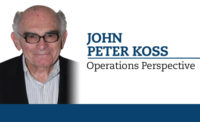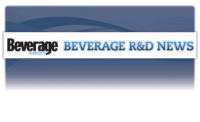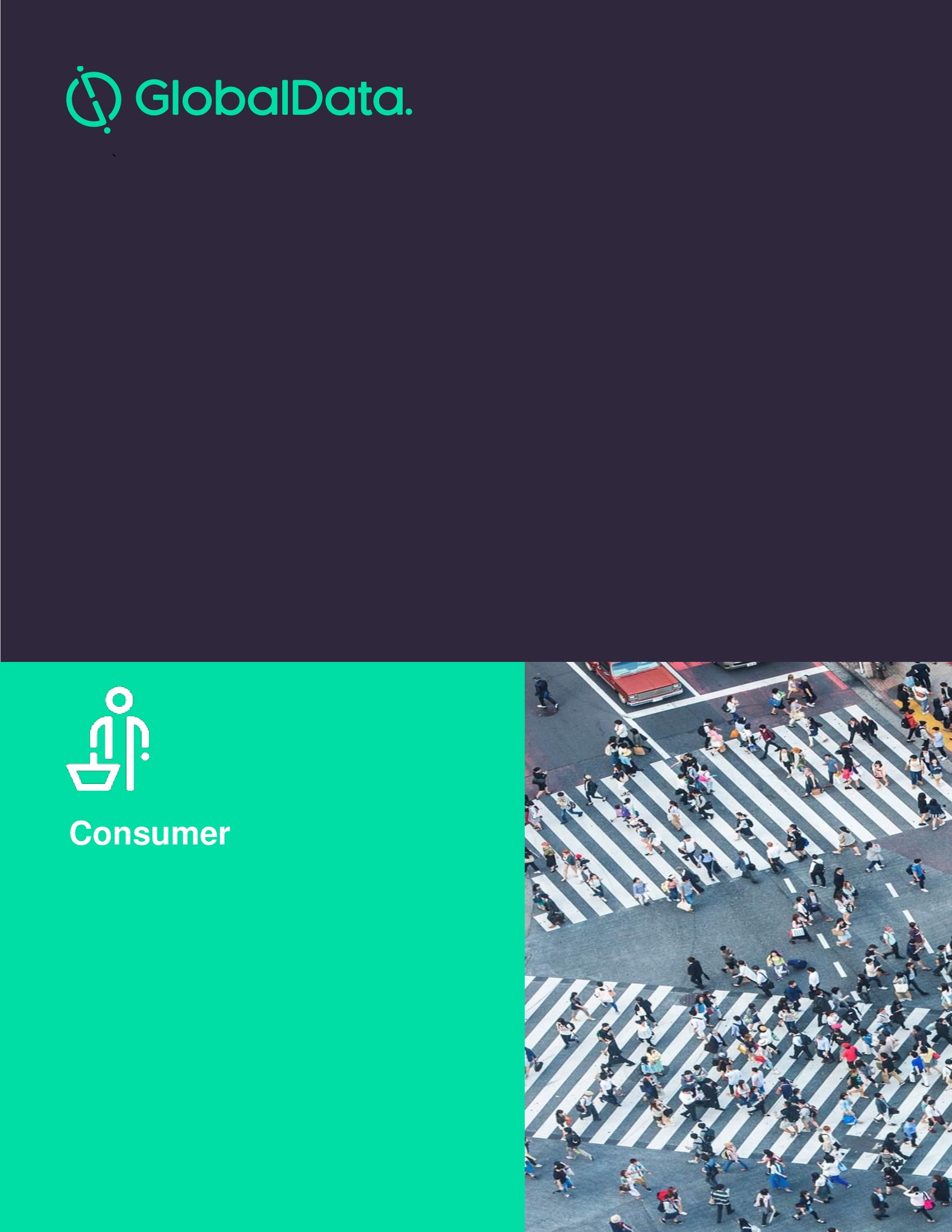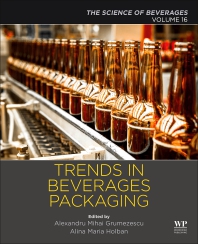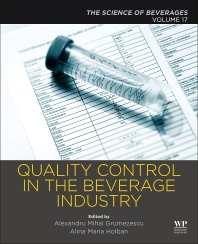The beverage packaging industry is experiencing a period of increasing innovation in design, materials and efficiency intended to meet cost and environmental concerns while enticing splintering consumer groups, according to “Beverage Packaging Market Assessment — A Benchmark Study.” The study was conducted by Proactive Worldwide Inc., on behalf of PMMI, Arlington, Va., a supply chain association for packaging and processing that also produces the Pack Expo trade show.
“Single-serve containers are particularly strong market drivers,” said Charles D. Yuska, president and chief executive officer of PMMI, in a release. “Consumers are seeking ‘grab and go’ convenience at retail, and they’re increasingly looking to packaging for portion control – even with beverages. Sustainability is also a market driver as consumers expect brands to play a role in helping the environment.”
Top beverage packaging trends PMMI expects to impact the market include:
• Eye-catching single serve packaging
• Cost-effective “green” packaging, driven by manufacturers’ cost and environmental concerns
• Plastics as “the material of choice” because of rapid innovations likely leading to lighter, more eco-friendly packaging
• New packaging machinery that is flexible and supports the latest container technologies
• Rapid growth for pouch containers as manufacturing technologies bring costs and speeds of pouch beverage production in line with high-speed glass bottle production
• Minimizing secondary packaging to cut costs and reduce overall carbon footprints.
“There are many changes occurring in the primary packaging of beverage products, which means that companies are also looking closely at their production operations and making sure they have the latest processing and packaging machinery they need to deliver these new formats to the market,” Yuska added. “At the end of the day, it’s all about innovation. Companies can’t expect to operate the way they used to if they want to continue to attract consumer buyers, and flexible packaging will lead the way.”
Plastics dominate
According to the report, the $22 billion U.S. beverage primary packaging market is dominated by plastics, with 40 percent of consumer goods companies using a variety of formats to attract consumers. Other materials used are aluminum (35 percent), glass (18 percent) and paper (5 percent), and today’s most popular primary packaging format for beverages is the bottle, which the report puts at 55 percent of the marketplace.
Researchers predict market growth will exceed $28 billion by 2020, with plastics and bottles driving innovations and sales in that time.
“The research we conducted clearly shows that plastic bottles will be the primary areas of focus for consumer goods companies looking to increase sales and gain brand awareness,” Yuska said.
Future is plastics, pouches
In addition to being the material of choice, beverage manufacturers expect plastics to drive a vast majority of incremental beverage container sales through 2020. Respondents to PMMI’s survey spoke of plastic as the medium in which green, eco-friendly/bio-degradable packaging technologies will flourish. Additionally, innovation efforts with plastics are expected to continue focusing on improved break resistance, light weighting and features that reduce spilling.
Pouches are expected to show the greatest percentage growth between 2010 and 2020, increasing as much as 105.9 percent, from $545 million to nearly $1.4 billion. New processing and packaging equipment has made pouches cost-effective for high volume operations, as companies can now run pouches as fast as other packaging formats.
Environmentally, pouches require much less landfill space than plastic bottles and some pouches are completely biodegradable. In addition, when compared to glass bottles, pouches require a small fraction of the space and shipping infrastructure. The beverage volume transported in a truckload of quart-sized pouches would require nine trucks of glass or plastic bottles.
Within the aluminum, glass and paper container markets, respondents see much less overall innovation but noted that new aluminum bottle designs are providing manufacturers new ways to present their products — premium images that maintain the benefits of aluminum’s thermally isolative properties.
About the Report
PMMI’s “Beverage Packaging Market Assessment — A Benchmark Study” is based on interviews with 71 leading beverage manufacturers and packaging supply chain solutions providers, as well as other secondary source research. PMMI released the full study to members earlier this month; members can download the report from PMMI.org at no charge. Non-members can purchase the report for $3,500, at PMMI.org.
